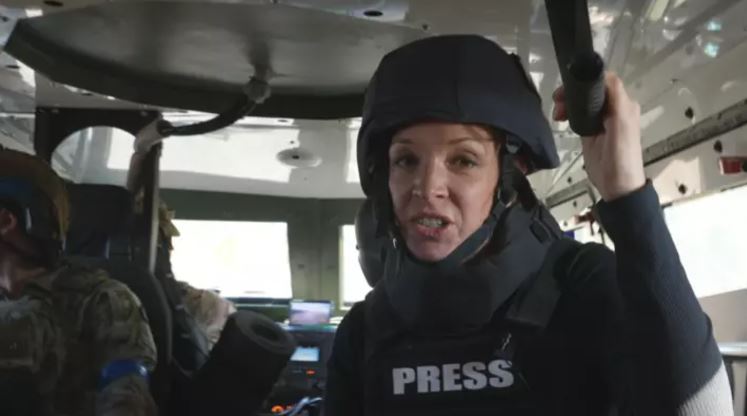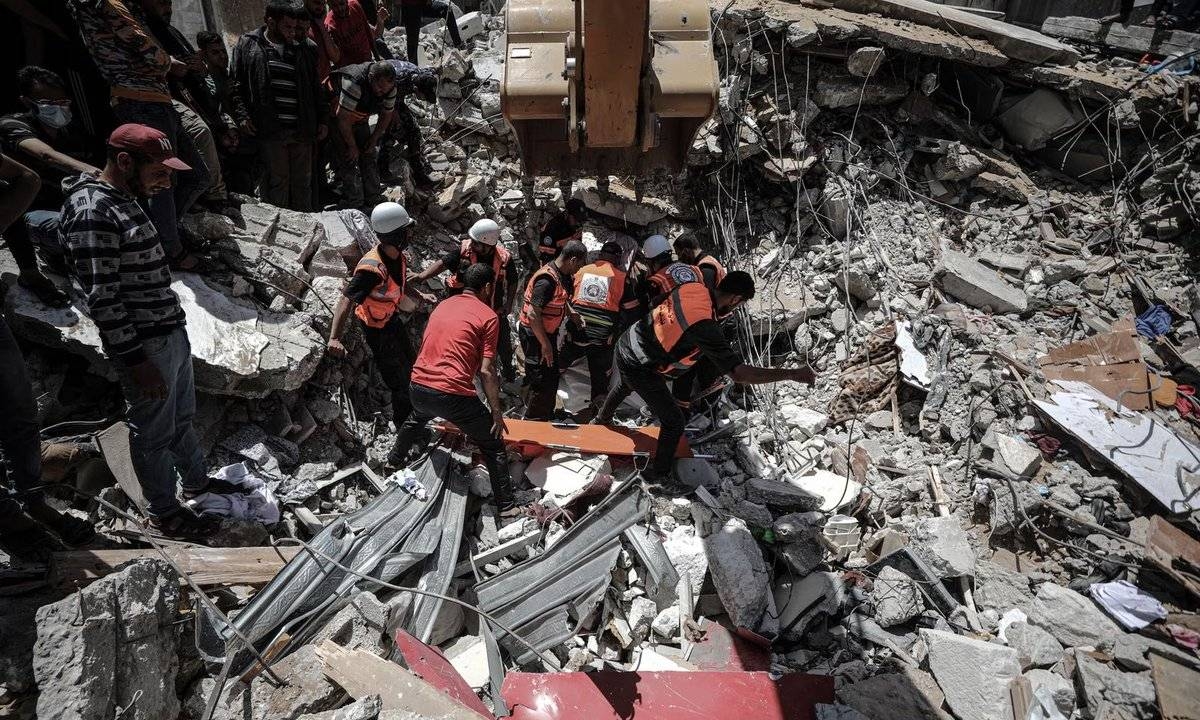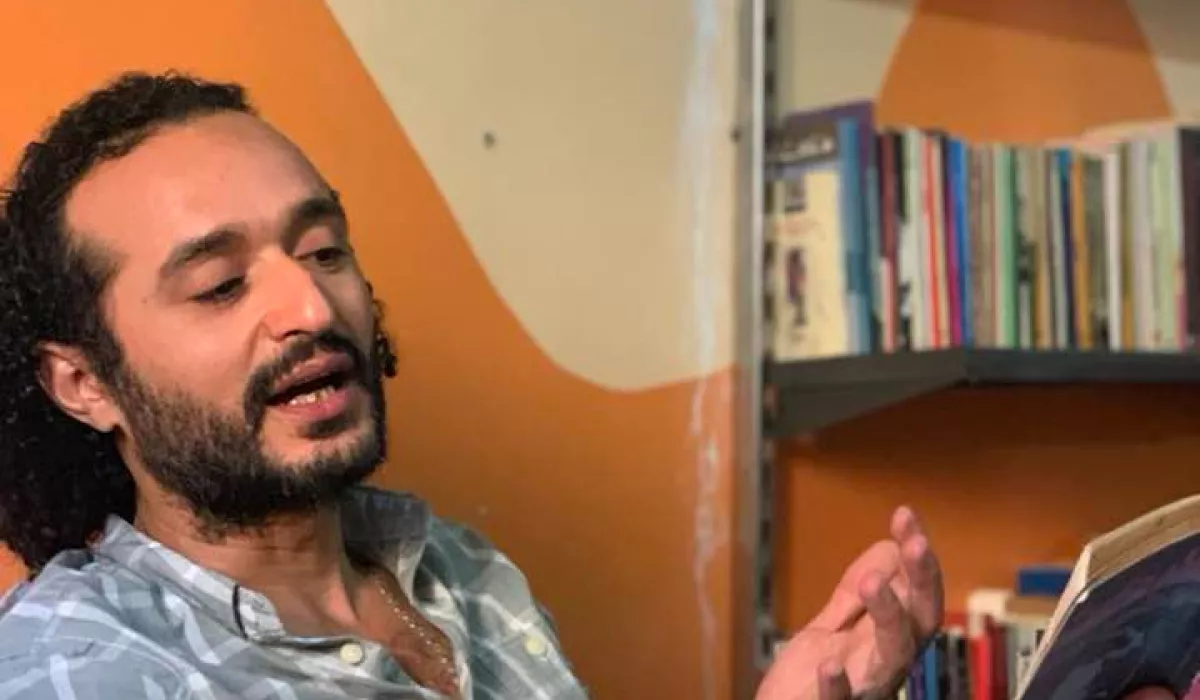
Russia Intensifies Crackdown: Arrest Warrant Issued for France 24 Journalist in Sensational Case
November 26, 2024
Russia Expels Two German Journalists in Escalating Media Retaliation
November 27, 2024November 27, 2024 – Turkey –
Türkiye is facing renewed criticism from international press freedom groups over its continued detention and judicial harassment of journalists. The International Federation of Journalists (IFJ) has called for the immediate and unconditional release of all detained media professionals, warning that the Turkish government is increasingly using legal tactics—such as conditional releases and restrictive judicial measures—as a substitute for outright imprisonment.
One prominent case is that of Roza Metina, editor at the Kurdish feminist news agency JinNews, who was arrested on charges related to alleged links with the banned Democratic Society Congress (DTK). Metina was detained for four days before being conditionally released, but she remains under strict judicial supervision, including potential travel bans and required police check-ins. Although no conviction was issued, she continues to face legal uncertainty that prevents her from freely practicing journalism.
The Coalition for Women in Journalism (CFWIJ) welcomed her release but highlighted that it is emblematic of a broader trend in Türkiye, where legal intimidation is systematically used to silence dissent. Kurdish journalists and women reporting on minority rights remain especially vulnerable, frequently accused of terrorism-related crimes for their work.
According to the IFJ, Türkiye’s government has increasingly relied on vague anti-terrorism laws to target reporters covering politically sensitive topics, especially Kurdish issues and government corruption. Even after release, many journalists remain trapped in drawn-out legal battles, subjected to surveillance and restrictions that limit their ability to report.
Such practices not only violate international standards of press freedom but also erode the rule of law. Journalists in Türkiye now operate in an atmosphere of fear, where routine reporting can lead to criminal charges, detention, and ongoing judicial control. These conditions foster widespread self-censorship and severely weaken independent journalism.
The IFJ has urged Turkish authorities to drop all politically motivated charges, end the misuse of anti-terror laws against the press, and restore full freedom of expression. Until these demands are met, Türkiye’s press landscape will remain one of the most repressive in the democratic world, where journalists are not always behind bars, but still far from free.
Reference –




